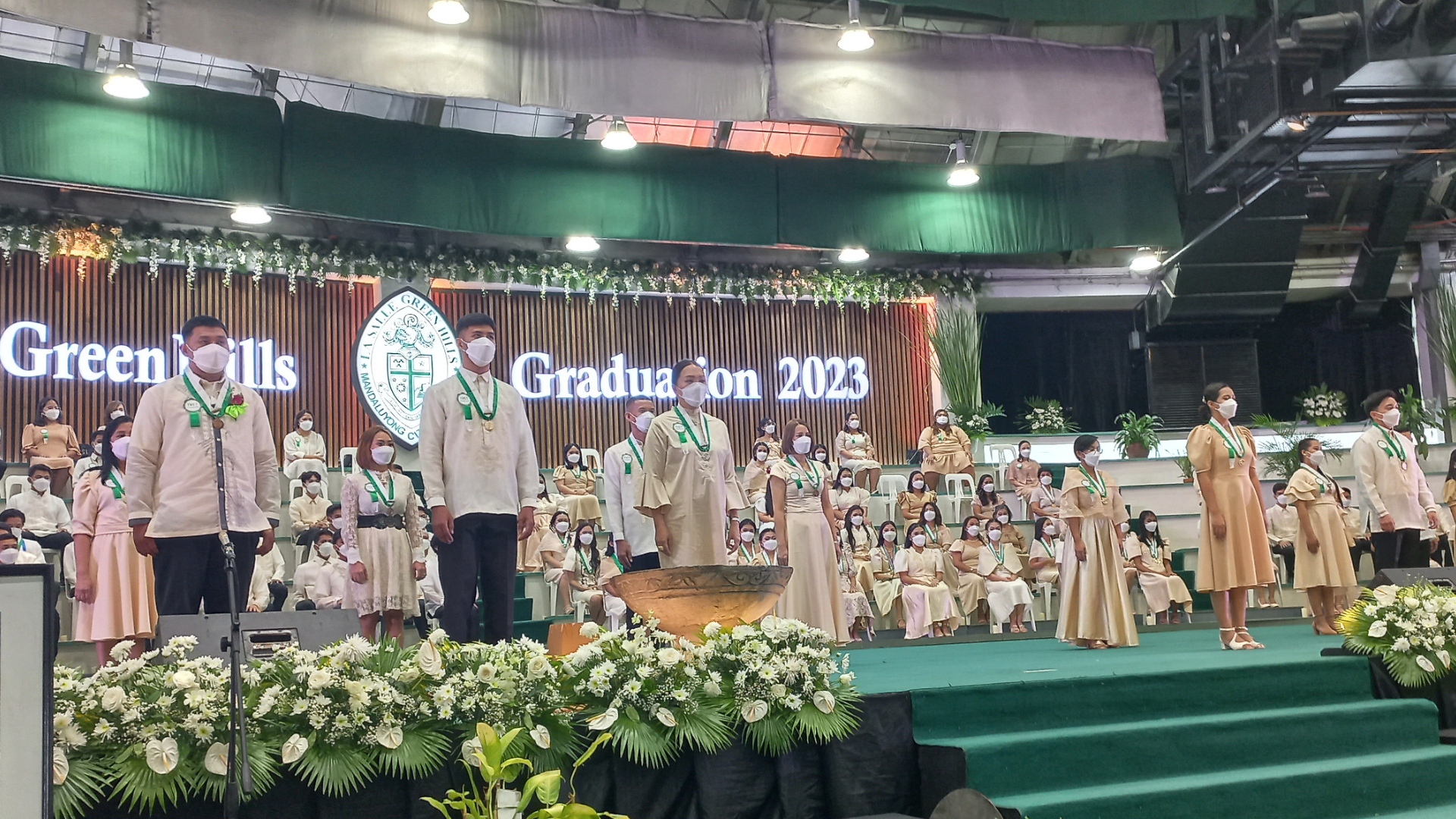La Salle Green Hills (LSGH) has continued to bolster its Alternative Education Unit through the years. Since its inception in 1978, the Alternative Education Unit, formerly Adult Night High School, is now on its 45th year of operations. From this year’s 800 students, they are set to welcome over a thousand new enrollees, all from different origins and diverse backgrounds.
The unit has one goal: to help the disadvantaged. ” As long as they are unable to study due to poverty, they can apply. There are no grade requirements,” said LSGH Associate Principal Rey Ducay.
Everyone under these programs are scholars, with no tuition fees to be paid.
“More people should be aware about this initiative. It’s about time we bring this to light. Let’s break the stereotype that La Salle just for the rich,” Ducay continued.
The Alternative Education Unit has diversified into three distinct, yet interconnected programs. The Alternative Learning System (ALS) offers basic literacy courses and elementary level education, while The Adult Night High School continues this path through its Senior High School offers. The Technical-Vocational Education Training (TVET) focuses on certificate courses certified by the Technical Education and Skills Development Authority (TESDA).
The ALS takes a different route in LSGH. They offer a course for absolute non-readers, colloquially referred to as “no read, no write” individuals, an Elementary level for those who have yet to finish grade six, and a Junior High School Program.
“In our case, we try to reach more of the disadvantaged individuals. In fact, that’s why we offer ALS in jails. Some of them don’t even know how to read and write. So now, imagine them going through trials and attending court hearings,” Ducay lamented.
LSGH likewise offers Adult Night High School. “Less than half of the enrollees are employed. The younger age groups range from 16 to 20 years old, while others are kasambahay or other minimum wage earners. Their goal is to finish high school and secure a better-earning job,” he continued.
TVET offers short courses in fields such as dressmaking, bookkeeping, events management, electrical installation and maintenance, and computer systems servicing.







They likewise have programs on food and beverage servicing, cookery, and bread and pastry production.


After a ten-month course, each student receives a certificate from LSGH. Once they pass the National Competency Exam, they likewise obtain a certificate from TESDA.
Most are night classes, supervised by TESDA-licensed educators, since most of their students are employed but are looking to upgrade their resumes.
“The most in-demand course is Bookkeeping. It is difficult, but it is popular due to the white-collar jobs that await them. It is more appealing,” Ducay explained.
“We make certain our students have a continuous path to education,” the Associate Principal explained.
“I believe this has to be exposed to the world – and even be made aware to those who can extend generous hand,” Ducay, who took over the post right before the pandemic hit, ended.
Next year, the LSGH Alternative Education Unit is expecting around 430 graduands.





